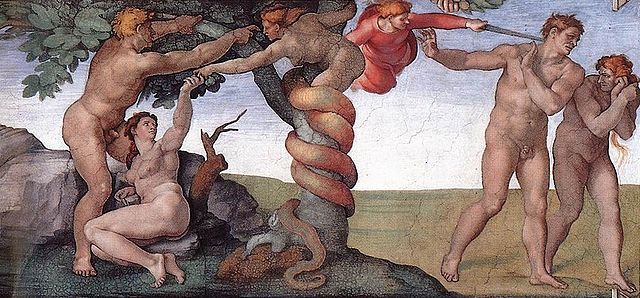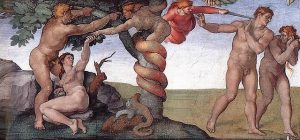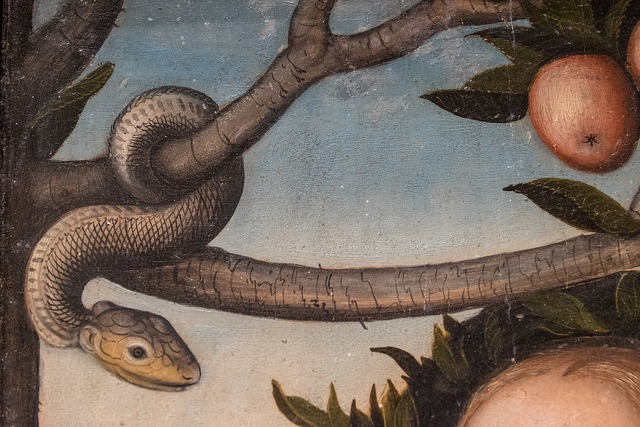by Bruce Okkema
“The record of the genealogy of Jesus the Messiah, the son of David, the son of Abraham. Abraham was the father of Isaac, Isaac the father of Jacob, and Jacob the father of Judah and his brothers. Matthew 1:1-2
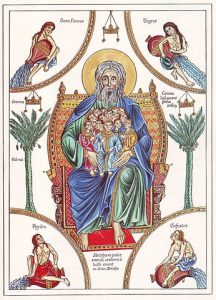 Abraham is mentioned more than 200 times in the scriptures throughout both the Old and New Testaments. There are a full thirteen chapters dedicated to the story of Abraham in the book of Genesis alone, which make it one of the largest segments of the Biblical narrative. All this should tell us that the story of Abraham is very important to interpreting God’s plan for history as it applies to us. In the very first verse of the New Testament, the Gospel writer, Matthew, begins the lineage of Jesus with Abraham, and he is the first person in the Bible to be called a Hebrew (Genesis 14:13). And the prophet Isaiah tells us,
Abraham is mentioned more than 200 times in the scriptures throughout both the Old and New Testaments. There are a full thirteen chapters dedicated to the story of Abraham in the book of Genesis alone, which make it one of the largest segments of the Biblical narrative. All this should tell us that the story of Abraham is very important to interpreting God’s plan for history as it applies to us. In the very first verse of the New Testament, the Gospel writer, Matthew, begins the lineage of Jesus with Abraham, and he is the first person in the Bible to be called a Hebrew (Genesis 14:13). And the prophet Isaiah tells us,
Listen to me, you that pursue righteousness, you that seek the LORD. Look to the rock from which you were hewn, and to the quarry from which you were dug. Look to Abraham your father and to Sarah who bore you; for he was but one when I called him, but I blessed him and made him many. (Isaiah 51:1-2)
What was it about this man that was so important for us to study? It will be a fascinating journey as we walk through the life of this great man. Certainly we will see his trust, his faithfulness, his chutzpah, and his courage. We will also see that he was human, he had shortcomings, and he failed on some occasions.
Abraham did not have the benefit of hindsight as he obediently followed God’s leading; he did not know when he was being tested. But we can see how the Lord fulfilled every promise that He had made. It is almost as if God is saying to us, “Do you see how I tested this man, how he obeyed me in blind faith, and how I was faithful to him?” “Why would it be any different for you?”
James writes of Abraham, “You see that his faith and his actions were working together, and his faith was made complete by what he did. And the scripture was fulfilled that says, “Abraham believed God, and it was credited to him as righteousness,” and he was called God’s friend (chapter 2:22-23).
I hope that one day, when my time is over, I too can be called God’s friend.
Photocred: Herrad von Landsberg

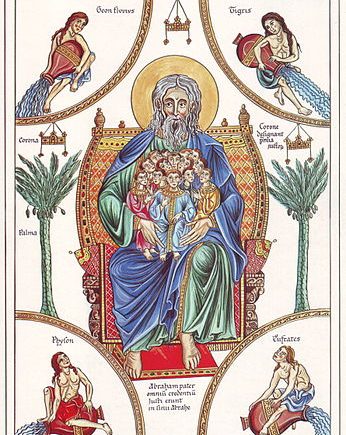


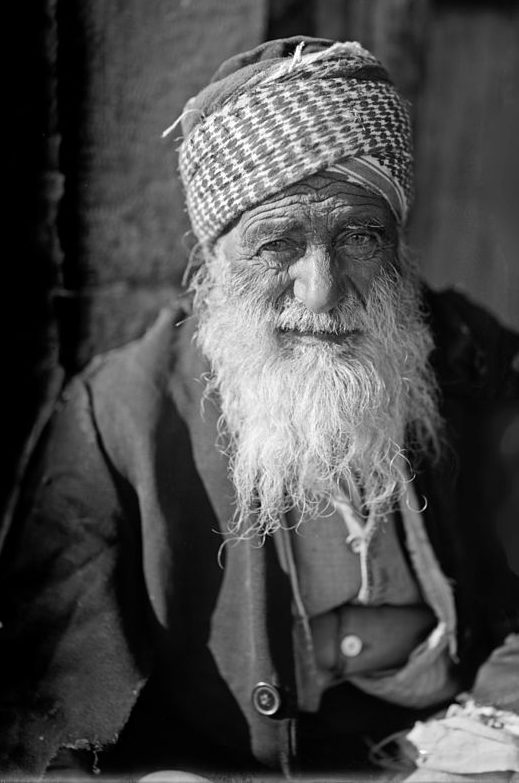 Abraham and Sarai and their little group were taking a huge risk when they left all for the Lord. The fact that they were childless at 75 when they heard the call may have made them wonder if a God who didn’t wouldn’t give them children up until now would do so now. And then 25 more years of childlessness didn’t do anything to make them feel more confident that God would fufill His promises.
Abraham and Sarai and their little group were taking a huge risk when they left all for the Lord. The fact that they were childless at 75 when they heard the call may have made them wonder if a God who didn’t wouldn’t give them children up until now would do so now. And then 25 more years of childlessness didn’t do anything to make them feel more confident that God would fufill His promises.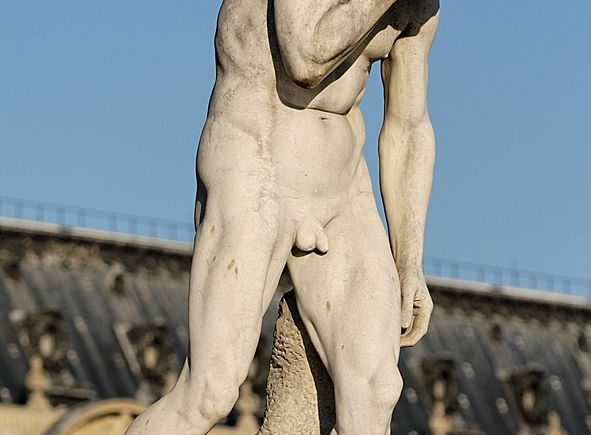

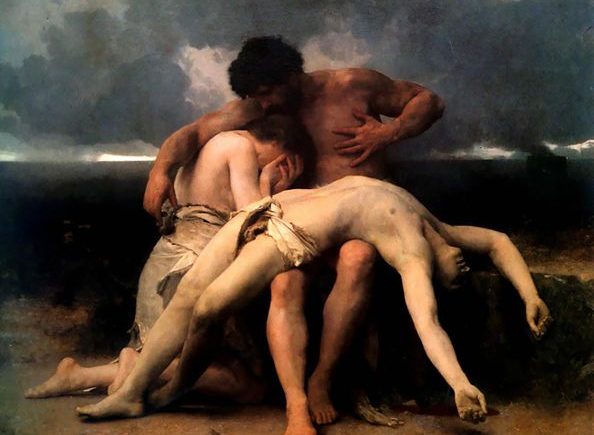
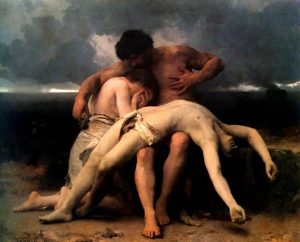
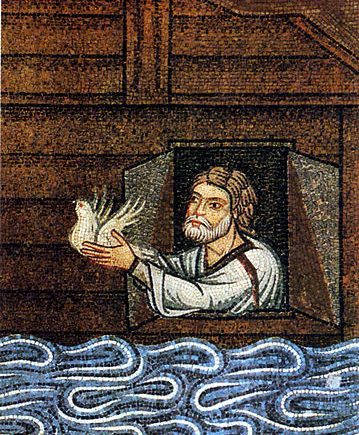
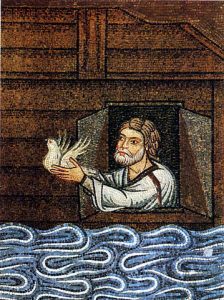


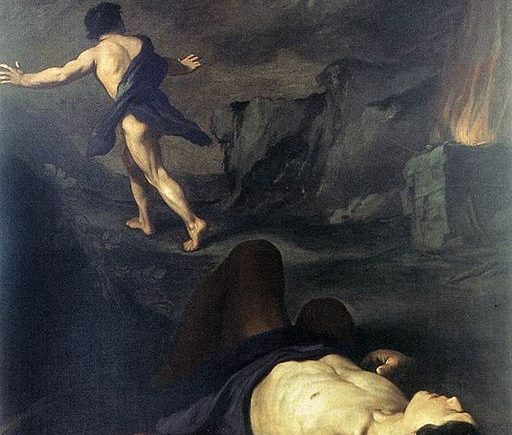
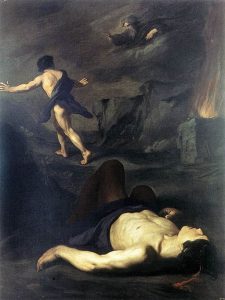 Then the LORD God called to the man, and said to him, “Where are you?” He said, “I heard the sound of You in the garden, and I was afraid because I was naked; so I hid myself.” And he said, “Who told you that you were naked? Have you eaten from the tree of which I commanded you not to eat?” The man said, “The woman whom You gave to be with me, she gave me from the tree, and I ate. Then the LORD God said to the woman, “What is this you have done?” And the woman said, “The serpent deceived me, and I ate.” Genesis 3:9-13
Then the LORD God called to the man, and said to him, “Where are you?” He said, “I heard the sound of You in the garden, and I was afraid because I was naked; so I hid myself.” And he said, “Who told you that you were naked? Have you eaten from the tree of which I commanded you not to eat?” The man said, “The woman whom You gave to be with me, she gave me from the tree, and I ate. Then the LORD God said to the woman, “What is this you have done?” And the woman said, “The serpent deceived me, and I ate.” Genesis 3:9-13